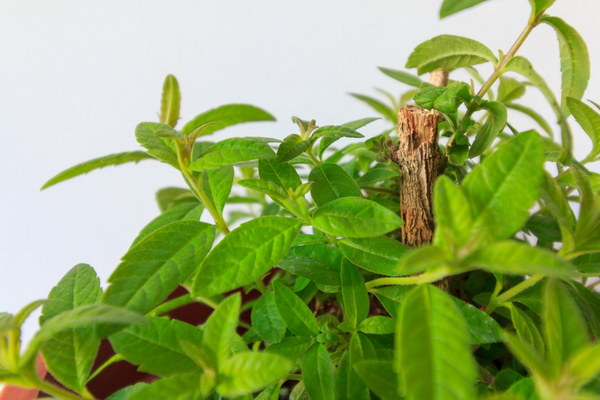Revitalizing Your Body with Traditional Chinese Medicine A Path to Weakness Recovery
In the realm of holistic health, Traditional Chinese Medicine (TCM) offers a unique approach to strengthening the body and combating weakness. Rooted in ancient wisdom, TCM focuses on restoring balance to the body’s internal systems, promoting overall well-being, and addressing the root causes of weakness rather than merely treating symptoms. This article delves into the principles of TCM and provides insights on how it can help revitalize your body and overcome weakness.
Understanding Weakness in TCM
In TCM, weakness is often attributed to an imbalance in the body's vital energy, known as Qi (pronounced chee). When Qi is deficient or blocked, it can lead to various health issues, including physical and mental fatigue, weakness, and a general sense of malaise. TCM aims to identify the specific imbalances and restore the flow of Qi to achieve harmony and vitality.
Key Principles of TCM for Weakness Recovery
1. Identification of Patterns: TCM practitioners use a comprehensive assessment, including pulse diagnosis, tongue analysis, and patient history, to determine the specific pattern of imbalance causing weakness. This could be due to factors such as kidney weakness, spleen deficiency, or liver Qi stagnation.
2. Herbal Medicine: TCM utilizes an extensive range of natural herbs to address the root causes of weakness. These herbal formulas are tailored to the individual's specific needs and can help restore balance to the body's systems.
3. Acupuncture: This ancient practice involves inserting fine needles into specific points on the body to stimulate the flow of Qi. Acupuncture can alleviate pain, reduce inflammation, and boost the immune system, contributing to overall strength and vitality.

4. Meditation and Breathing Exercises: TCM emphasizes the importance of mental and emotional balance. Practices such as meditation, tai chi, and qigong can help calm the mind, improve concentration, and enhance energy levels.
5. Diet and Lifestyle Adjustments: TCM considers diet and lifestyle factors crucial in the recovery process. Recommendations may include specific dietary changes, such as consuming more nourishing foods, avoiding certain substances, and adopting a more balanced lifestyle.
Case Study: Overcoming Weakness with TCM
Let's consider the case of Sarah, a 35-year-old professional who experienced chronic fatigue and weakness due to overwork and stress. After a thorough assessment, her TCM practitioner identified her pattern of imbalance as kidney deficiency, leading to a weakness in her body's fundamental energy.
The TCM Treatment Plan
- Herbal Formula: A personalized herbal formula was prescribed to tonify the kidneys and strengthen the body’s vital energy.
- Acupuncture: Regular acupuncture sessions were scheduled to stimulate the flow of Qi and address any blockages.
- Meditation and Qigong: Sarah was encouraged to practice daily meditation and qigong exercises to improve her mental and emotional well-being.
- Diet and Lifestyle: Her diet was adjusted to include more kidney-nourishing foods, such as nuts, seeds, and dark leafy greens, and she was advised to reduce stress and incorporate more rest and relaxation into her daily routine.
Results
After several weeks of following her TCM treatment plan, Sarah began to notice significant improvements. Her energy levels increased, and she felt more balanced and less prone to fatigue. The combination of herbal medicine, acupuncture, and lifestyle changes helped her overcome her weakness and regain her vitality.
Conclusion
Traditional Chinese Medicine offers a holistic approach to weakness recovery that addresses the root causes of imbalance. By restoring the body's vital energy and promoting overall harmony, TCM can help individuals like Sarah revitalize their bodies and reclaim their strength. Embracing the principles of TCM can be a transformative journey towards health and well-being.









